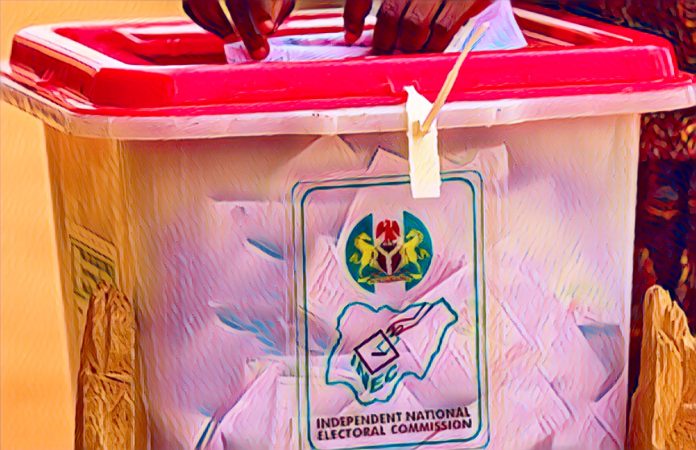Key Points
- Young Nigerians must educate voters to counter electoral fraud.
- Technology is a powerful tool to expose electoral malpractice.
- Rejecting vote-buying can preserve democracy and ensure accountability.
Electoral fraud poses the biggest threat to correctly running democratic elections in Nigeria. Electoral fraud destroys national progress and weakens trust in leadership while changing what voters want the government to do. The country’s young population both can make and must work to end electoral fraud in Nigeria. Youth participation in Nigeria can make elections more trustworthy through tech solutions plus local community and public activism. Young people in Nigeria may combat electoral fraud in five practical ways:
1. Advance awareness and education of voters
Election manipulation grows when people spread false knowledge and make things appear bigger than they really are. People in Nigeria electorally lose control because they don’t understand their voting freedoms and election dynamic. Young people teach neighbors about election importance while showing people how to find fraudulent votes. Through platforms such as Twitter and Instagram and TikHub users can share voting information while spreading educational pieces about voter rights and vote fraud prevention.
Our outreach programs gain more power by working together with civil society groups that aim to develop democracy and leadership responsibility in society.
2. Present as election observers
Young people can apply to become official monitors who will maintain fair elections for everyone. You can observe elections by working with both INEC and international observer groups to guard against fraud. People can report election problems directly through official communication channels and social media platforms. Cellphone recordings prove abortion that helps authorities punish criminal behavior.
3. Use technology to fight fraud
New technology tools help find and stop fraudulent actions in elections making dishonesty more detectable. With tools such as “Ushahidi” or INEC portals voters can report fraudulent activities as they occur in real time. Young people can fight election-related fake news by verifying posted information before distributing it online. Next election campaigns will gain from advanced technology such as blockchain voting by becoming safer.
4. Organize grassroots movements to demand politicians answerability
When political leaders control local communities they can organize election fraud schemes. Young people should create local campaigns to support better election conduct. By creating community forums town halls discuss election problems and reveal wrongdoers people learn about dishonest acts in politics and push fair changes into law. Local leaders monitor elections better when given political power to protect the system. When we want to build responsibility we must push lawmakers to toughen election fraud penalties and make voting systems more transparent.
5. Reject and expose vote-buying
Vote-buying stands as one of Nigeria’s most common types of electoral fraud. People under 30 need to show everyone by turning down vote-buying cash and presents. Showing vote-buying offenders to officials and media helps everyone know about vote-buying behavior. Social media and online efforts help us explain the lasting negative effects of selling votes while pushing people to vote ethically.
Conclusion
Youth represent the main base of Nigeria’s democracy and will greatly shape the nation’s future. Communities working together with alert members dedicated to fairness must challenge election fraud. Through voter education, tech integration, vote buying rejection and official accountability support Nigerian youth can defend election integrity so people’s voices guide national leadership. The path to fraud-free elections will be hard but young Nigerians can build a better election system by using their motivation and innovative thinking.



